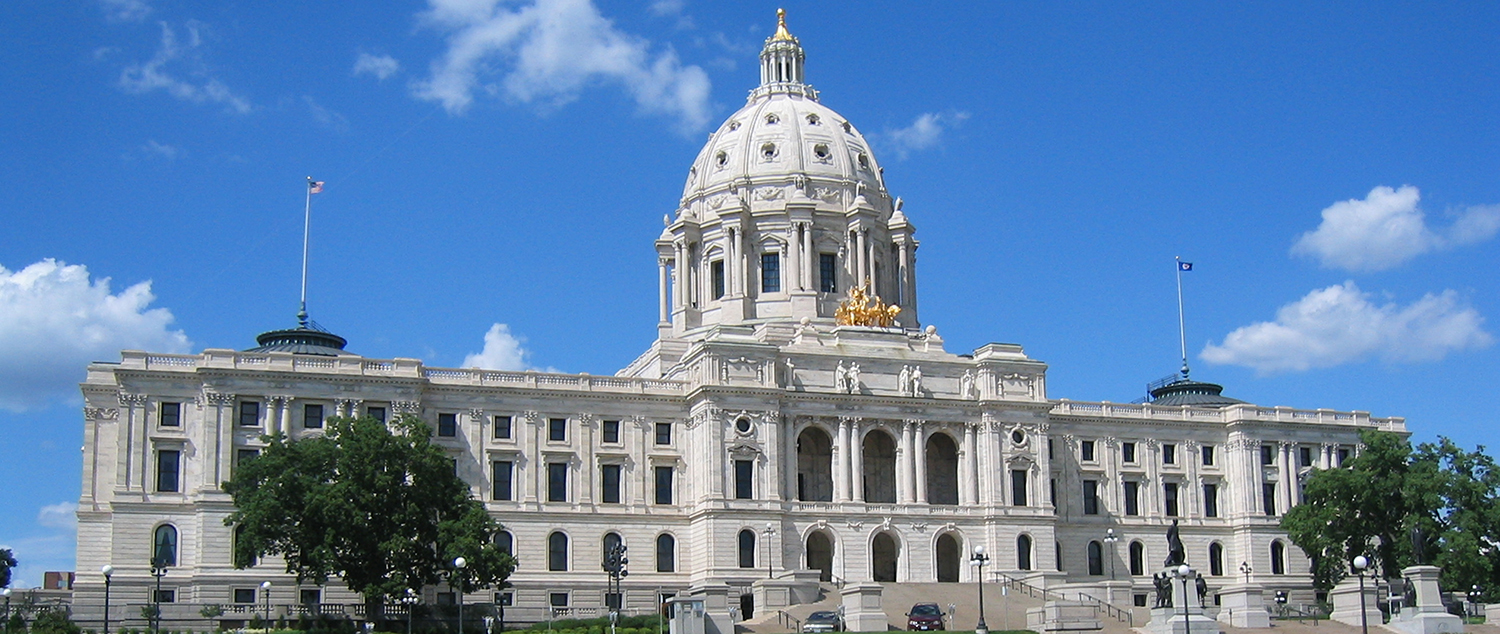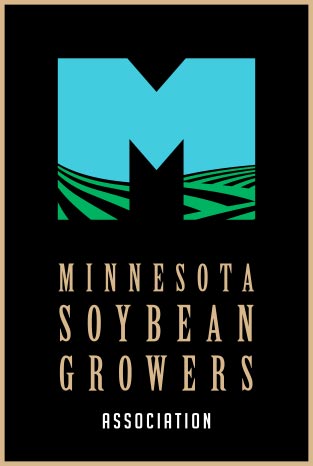2025 legislative session adjourns; special session awaits
2025 legislative session adjourns; special session awaits

The people’s house still has the people’s business to complete. When the clock struck midnight at the Capitol in St. Paul on May 20, the Minnesota Legislature hadn’t passed a biennial budget, meaning Gov. Walz must call a special session to avoid a July 1 state shutdown.
For agricultural interests in the budget, the outlook is clearer. A bipartisan group of lawmakers in the House and Senate worked together to help put the omnibus agriculture bill on the governor’s desk a day ahead of the May 19 deadline. By a 130-4 margin, the bill passed the House and later was ushered through the Senate on a 58-8 vote. The bill funds programs that are key to the Minnesota Soybean Growers Association and the state’s farm economy.
In the 2026-2027 biennium, the bill appropriates $115 million to the Minnesota Department of Agriculture, $13.5 million to the Board of Animal Health, $8.7 million to the Agricultural Utilization Research Institute (AURI) and $2 million to the Office of Broadband Development to increase high-speed internet access across Minnesota. Funding also includes $400,000 to combat the spread of animal diseases.
“We’re pleased to see lawmakers worked in good faith to pass a bipartisan agriculture bill that helps improve the outlook and profitability for Minnesota’s soybean farmers,” MSGA President Darin Johnson said. “We appreciate the leaderships of House and Senate Ag Committee chairs for their leadership and support.”
House Ag Co-Chair Paul Anderson (R-Starbuck) said that although more funds were removed from the House bill, lawmakers “kept the heart of the bill intact … and untouched in terms of the programs that both sides of the aisle feel were important to our respective caucuses.”
Ag bill highlights
Some notable policy provisions in the final report include:
- $175,000 – Elk crop damage compensation
- $1 million – County ag inspectors
- $500,000 – Biofertilizer Innovation Program
- $200,000 – Farm Safety and Wellness
- $1 million – AGRI Works Grant Program
- $3.4 million cut from Second Harvest Heartland
- $2 million – Milk Grant Program
- $1.4 million – Local Food Purchasing Assistance Program
- $1.5 million – Agriculture Emergency Account
- $750,000 – May be used for avian influenza food testing and voluntary agriculture worker testing
- Grain License Fee comprises four components
– $500 base fee per licensed grain buying location
– Capacity charge of $0.0035 per bushel inspection fee with the rationale that facilities with larger capacity require more program time for inspection and financial review
– An additional fee of $300 inf grain storage will be included on the license
– Examination fees for each licensed location must not increase more than 150 percent above the examination fee for the licensed location in the previous year
- Food Licensing Fee – Increase in revenue through fees to the Agriculture Fund Food Handler
The Legacy budget, which approves Clean Water Funds, was also approved by lawmakers prior to the session’s end. Projects funded in that budget include programs that are supported by MSGA:
- $7 million for MDA’s Ag Water Quality Certification Program
- $3.5 million for soil health assistance
- $2.3 million for MDA’s weather stations
With less than 10% of the state’s budget approved by the session’s end, MSGA is monitoring any developments regarding an upcoming special session.
“While there are policies that haven’t crossed the finish line yet, which is disappointing, we’re satisfied with what was passed to support our farmers,” said Joe Smentek, MSGA executive director. “We’ll continue to work down the road to promote policies that we think will help our state’s soybean farmers and increase their profitability.”


